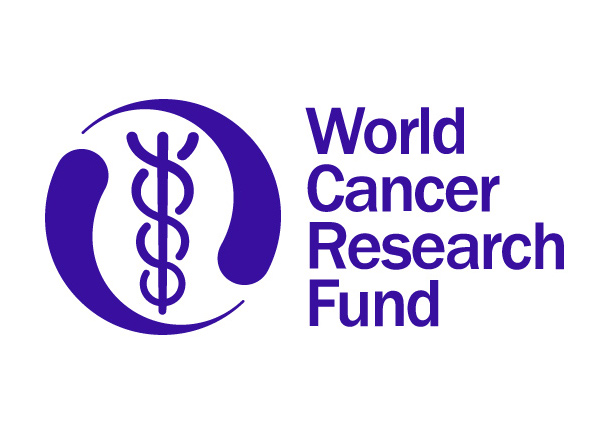Background
Excess body weight is commonly quantified by body mass index (BMI), with values greater than 25 kg/m2 referred to as overweight and obese. From the World Cancer Research Fund (WCRF) Continuous Update Project (CUP), we know that elevated BMI values are associated with increased risk of several cancers. High on this list of ‘obesity-related cancers’ are colorectal (bowel) and endometrial (womb) cancers. These cancers are the focus of this study.
Elevated BMI values may be linked with poorer survival in cancer patients. But this link remains a hypothesis and has yet to be proven. Nonetheless, many clinicians and cancer societies support the guidance that weight reduction among overweight and obese cancer survivors might reduce the risk of cancer recurrences.
Evidence is needed to support this hypothesis; however, it is challenging to obtain unbiased evidence. This is due to something called confounding. Examples of confounding in patients with cancer and who are also overweight or obese include the following: heavier people might not be diagnosed with cancer until it is in a more advanced stage; cancer patients who are obese might receive less aggressive cancer treatment; among patients with cancer who do receive standard care and where subsequent chemotherapy is administered, obese patients may not tolerate this treatment due to different metabolisms.
Thus, overweight and obese patients with cancer might appear to have worse survival which is not necessarily directly due to their body weight.
Aims
This project addressed these previous study limitations and turned to undertaking secondary analyses in previously published.
How it was done
The project was divided into two parts – colorectal and endometrial cancers. For CRC they reported on 16,622 participants and for endometrial cancer 4,314.
Findings
1. CRC: No association between BMI and overall survival. Results should be interpreted with caution due to the small sample size (n=260): while the risk of death appeared to be slightly lower among those with a BMI of 30kg/m2, there was overall no association of higher risk of death among patients with a high BMI as compared with those with a normal BMI of 22.5 kg/m2.
2.CRC: Elevated BMI did not influence survival from CRC despite modest under-dosing. BSA-based dosing for CRC patients with a high BMI, without significant additional toxicity risks.
3. Endometrial: Review: data from three large randomised controlled surgical trials, we found that class III obesity (i.e. BMI≥40kg/m2) impacts negatively on overall survival but not disease-free or cancer-specific survival in Bokhman type 1 tumours. BMI did not affect survival outcomes in women with Bokhman type 2 tumours.
Impact
1. This project has challenged the general perception that elevated BMI, at least BMI determined at trial entry, has an adverse impact on survival in patients with colorectal cancer and endometrial cancer, two common obesity-related cancers.
2. The project also challenged the general perception that if obesity were to be an adverse prognostic on survival, this would be directly through the effect of obesity on cancer biology or non-cancer deaths. This project illustrates the indirect effects of obesity on outcome, for example, through reducing chemotherapy cumulative dose and dose intensity.
Both 1 and 2 will inform the WCRF ongoing CUP project on Colorectal Cancer survivorship.



